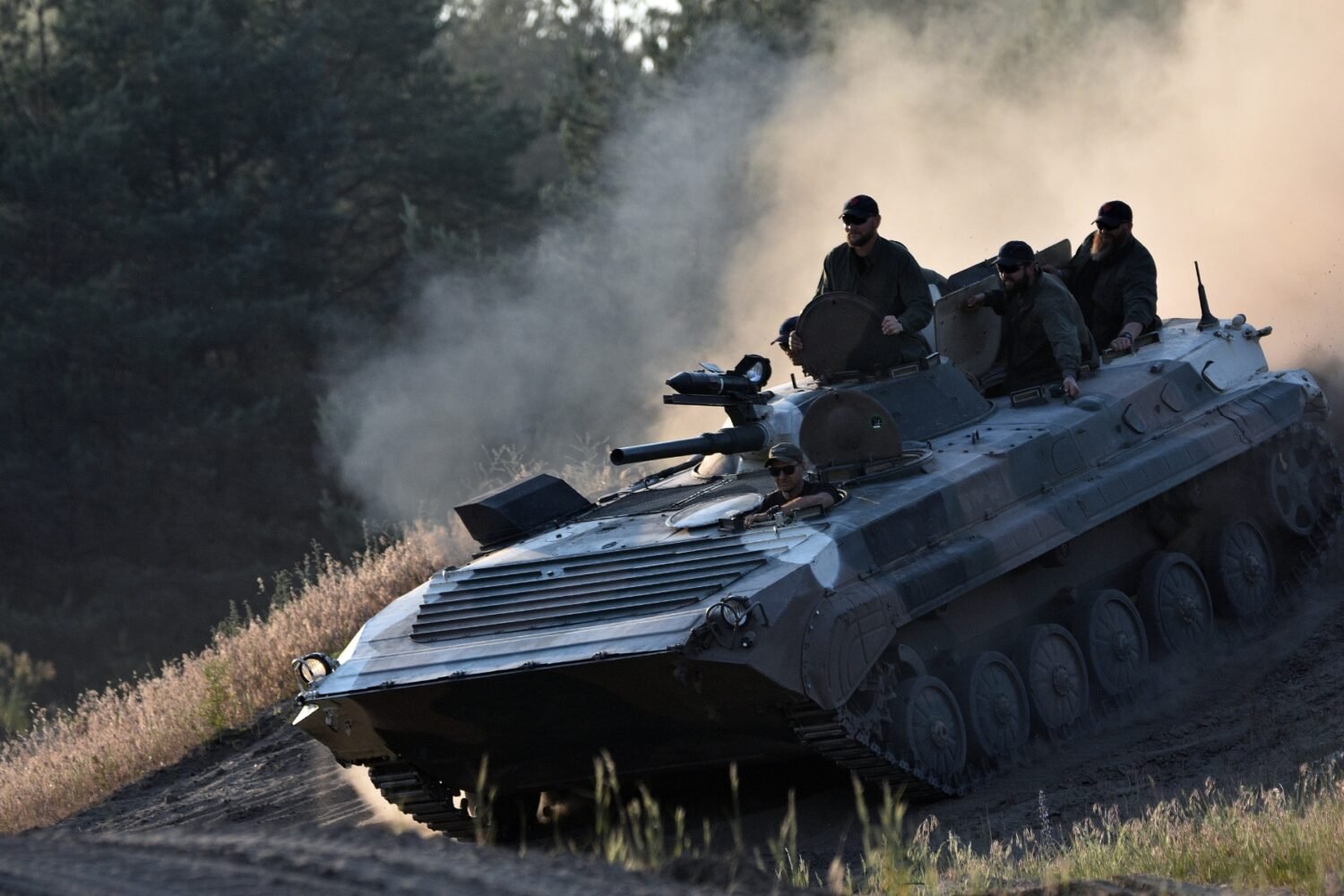6 Tips to Help You Teach Kids About War


[ad_1]
Some of the links in this post may contain affiliate links for your convenience. As an Amazon associate I earn from qualifying purchases.
Whenever there is war, our youngest generation must find ways to deal with the suddenly changed state of the world around them, whether at home or abroad. It’s a challenge not only for them but also for us, the parents and guardians tasked with guiding them through what for them may be uncharted territory. In this article, we will delve into the profound importance of teaching our children about war – not to instill fear, but to empower them with knowledge, empathy, and resilience as they navigate an evolving world.


One Woman’s Recollections of War Growing Up in a Military Family
As both a military brat and wife, Sarah Anne Carter has often been a step closer to the wars our country has been part of than the general population.
The War with Iraq
Carter remembers her 6th-grade classroom experience in January 1991 when an announcement echoed over the loudspeaker, proclaiming the commencement of the war with Iraq. Situated on a military base in Japan, the classroom harbored students whose parents were deployed for the war. Some of the children reacted with astonishment, some were moved to tears, and a few displayed nervous laughter, grappling with their emotions at such a tender age.
(Carter continues to question the school’s decision to relay this information over the loudspeaker rather than through parents, despite their belief that it was the best course of action.)
Operation Desert Storm
During Operation Desert Storm, Carter’s family was stationed at Yokota Air Base in Japan, where security was tight. This included covering every sign that could be seen from off the base, and a requirement to carry military identification cards at all times, even on the base itself. She actively participated in efforts to support the troops, engaging in activities such as baking cookies and joining a program where older students tutored younger ones with parents on deployment.
September 11, 2001
Carter’s father was in the Pentagon on September 11, 2001, narrowly escaping tragedy due to his location on the opposite side of the building on that fateful day. The day before, he had been in a meeting at the exact spot where the plane crashed. She’s had personal and close acquaintances who’ve experienced deployments, including friends, coworkers, her own husband, and a friend’s spouse.
For Carter, the specter of war has always been front and center in her world, not just something to read about in the newspaper. Our children may grow up where war is a constant thing, and not just across the oceans but right here on American soil. (For an unsettling fictional account of this, read Day of Wrath by William Forstchen.) How can we prepare them to deal with wartime? These are her guidelines for parents:
6 Tips for Teaching Children About War
1. Tell them the age-appropriate truth
Children need to be told what’s going on and how it will affect them. If you have children in school, they’ll probably eventually hear things from other students or friends, so you’ll want to talk with them first. It would be good to try and think of what questions they may have and formulate your responses before bringing up the subject. However, some questions may come up that you aren’t prepared for. If you need more time to consider your answers, tell them so, and make sure to get back to them. If you have young children, carefully monitor and what and how much news they see or hear. Even less graphic or sensationalized reporting can create fear and anxiety in children.
2. Teach them family history
Everyone’s family tree is unique and most children have a built-in curiosity about where they came from. Our own family history is full of men who served their country, including one who was a POW in Germany and another that survived the Bataan Death March and a Japanese prisoner camp. You might have a relative that invented something, published a book, or always won best cookie at the state fair. These stories let children know that people related to them have done worthwhile and interesting things and have survived hard times. How did your family come to America? What did your relatives do during the Great Depression? How did they sacrifice for the country during wartimes?
3. Teach them country and world history
Knowledge is power. As the saying goes, those who don’t know history are doomed to repeat it. Knowing the history of your own city, county, state, country, and world lets you put current events in perspective. If a war changes the world drastically, those who know history are the ones who will carry those facts to another generation. Knowing history also lets you know how the world got to the point that it is at right now. Watch documentaries, read historical fiction, visit historical sites and take the guided tour, sign up for free online history classes.
If your children are learning about a specific area in school/homeschool, bring it alive to them by visiting a local museum that has artifacts from that time period. Carter never liked history growing up because she only learned it from a textbook. She became more interested in European history while living in Germany in high school. As an adult she visited Gettysburg and Washington D.C. and developed an interest in learning U.S. History.
4. Emphasize faith and family
Your family and your faith should be the center of your world, and making it the center of your children’s world gives them a solid foundation as they go through life. Even if you don’t have a certain faith, you probably have a certain set of standards you try to live by and want your children to live by. Talk about what you believe over the breakfast table. Have children share how they lived it out at the dinner table. Memorize Bible verses or quotes that inspire courage, confidence, and other traits you would like your children to absorb and practice.
5. Get them involved
During wartimes, there are things that even children can do to feel like they are supporting their country. Supporting troops can be as simple as sending an e-card or as involved as putting together care packages. While in 6th grade, Carter and her classmates made cookies for troops, and in high school, she made fudge that was sent to troops for Christmastime. Learning to garden and sew were key contributions during World War II – the skills may be needed again someday.
6. Give them heroes – real and fictional
There can be heroes in your own family – tell them those stories over and over. And not just the military ones. There are many kinds of heroes in life. For example, the single grandmother who worked three jobs to put her kids through college, or the uncle who caught fish and hunted to feed his family during the Great Depression. If you don’t know much about your own family’s history, this is a good time to start asking!
There are also fictional and historical heroes to tell children about. Read them stories upon stories of good versus evil where good triumphs. It gives children hope. If someone else, even a fictional character, has overcome hard times and challenges, they’ll be inspired to believe they can, too. These stories fill all of us with courage and give positive role models. The books on this list are a good start.
Final Thoughts
As you do these things, consider, as a parent, the worst-case scenarios. What things do you want your children to know and have with them if they are separated from you or if you pass away? It’s a hard thing to think about, but it will help you focus on what is important to you and what you want to pass on to your children. Consider a small notebook and/or photo album for your kids’ bug-out-bags that has family photos, history or key things you want them to know.
What tips would you add?
Frequently Asked Questions
Each child responds differently. Some reactions indicating fear and anxiety could include being more clingy or regressing to thumb-sucking or bed-wetting. Read more at The National Child Traumatic Stress Network.
Sarah Anne Carter recommends A Year Without Dad as an excellent portrayal for children of life without a deployed parent. Also Pilot Mom about the young daughter of a pilot mom who deploys to war.
Originally published August 4, 2016
[ad_2]
Source link
Recent Posts
Dear Diary, It’s Me, Jessica: Part 16
[ad_1] If you're new here, you may want to subscribe to my RSS feed. Thanks…
Google Faces Lawsuit After $5M in Crypto Stolen via Play Store App
[ad_1] A Florida woman, Maria Vaca, has sued Google in a California state court, alleging…
All About Water Purification: A Complete Tutorial
[ad_1] You may need to purify water to make it safe to drink. The process…
Protocol Village: Quai Releases Mainnet-Compatible Devnet, Crunch Lab Raises $3.5M
[ad_1] The latest in blockchain tech upgrades, funding announcements and deals. For the period of…
The Grim New Daily Life in Venezuela
[ad_1] If you're new here, you may want to subscribe to my RSS feed. Thanks…
World’s 3rd largest public pension fund buys $34M MicroStrategy shares
[ad_1] The third-largest public pension fund in the world has just bought nearly $34 million…
